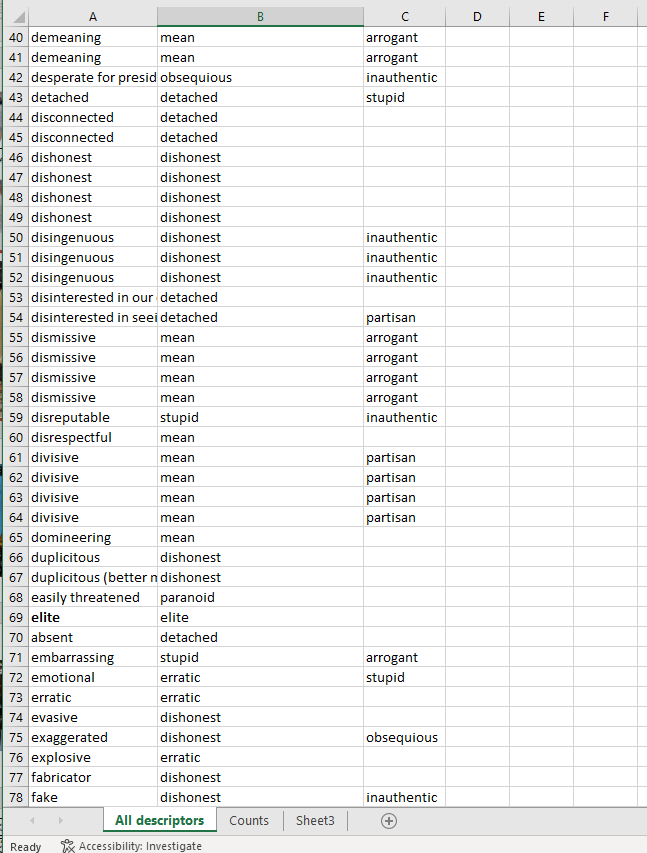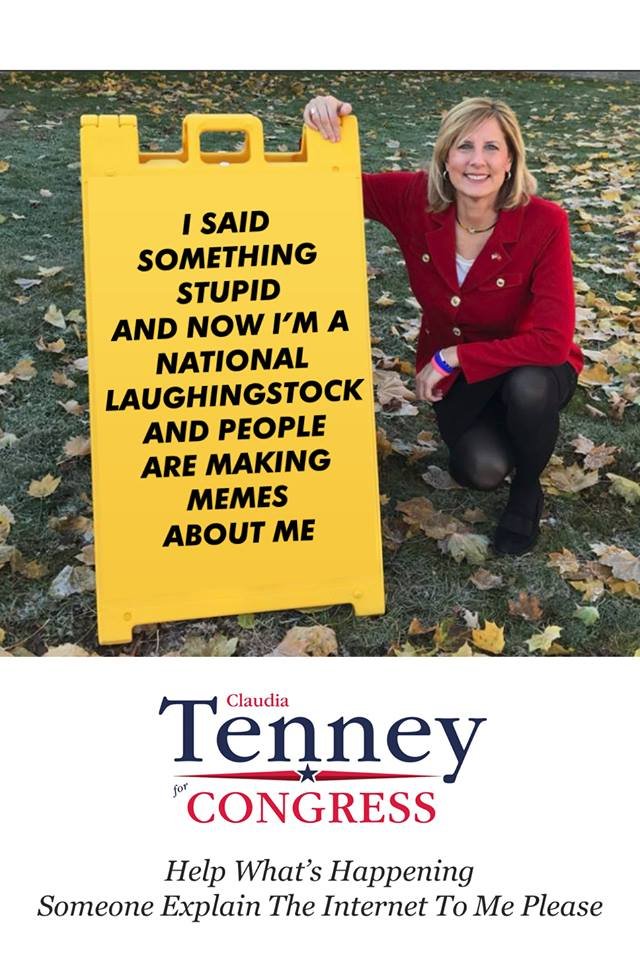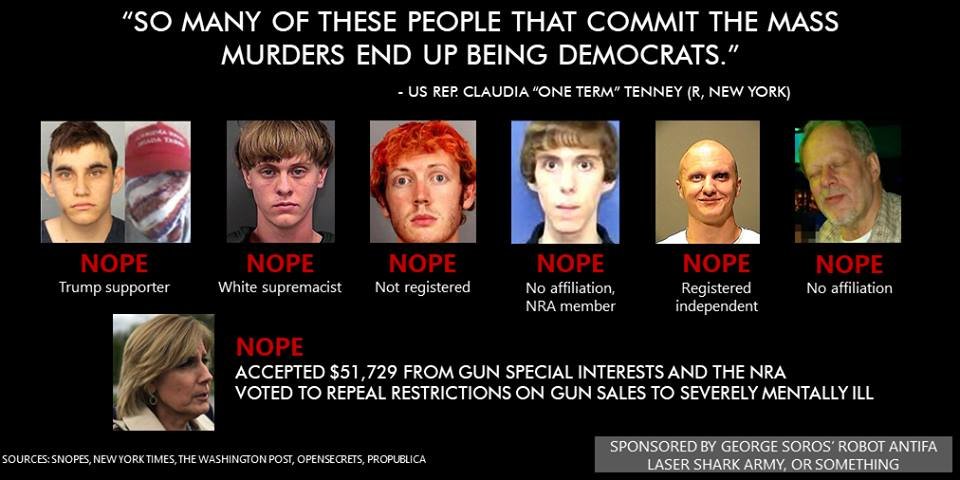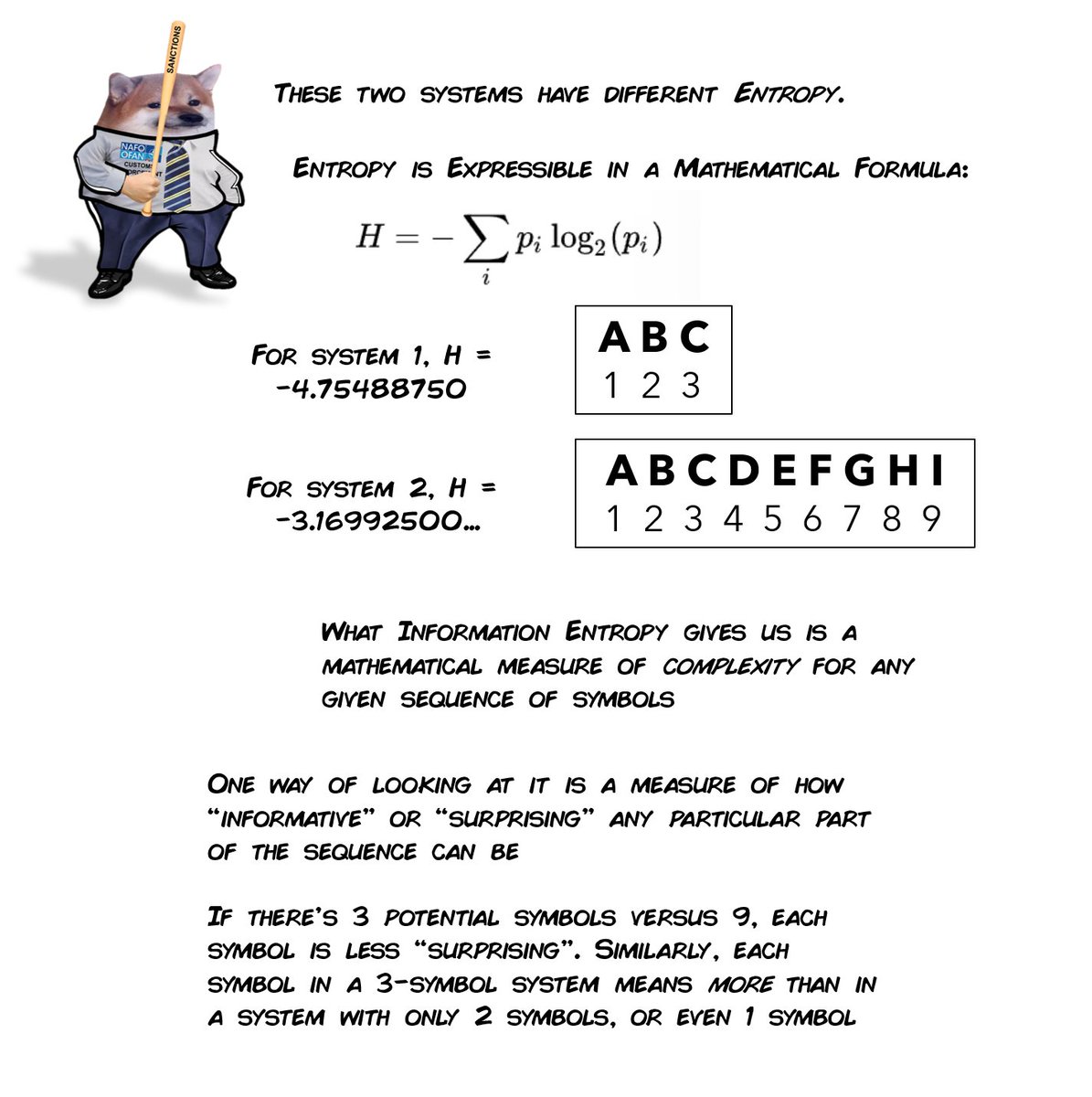
Let me show you an activist trick from the resistance years.
Interview ~150 people about a political candidate and ask them to use two, three words at the most to describe them.
Personality psychologists found that most words about people boil down to 5 dimensions -
1/4
Interview ~150 people about a political candidate and ask them to use two, three words at the most to describe them.
Personality psychologists found that most words about people boil down to 5 dimensions -
1/4

- so in principle, every word you're hearing should cluster together with similar words.
Take those clusters together, and simplify them even further, until you have three to five (seven at most) words you use to describe someone.
The result is a consensus message.
2/4

Take those clusters together, and simplify them even further, until you have three to five (seven at most) words you use to describe someone.
The result is a consensus message.
2/4


When you take those boiled-down terms and then put them back into memes, the folks who responded to the poll are already "invested" and will spread your memes, because you listened to them and cared what they said.
This is the relationship you want.
3/4

This is the relationship you want.
3/4


You're trying to give something to people, not impose something on them.
What we did on #ParmesanGirl, or what actual #NAFO accounts are using on Brie right now, is similar process; just faster & informal.
It's still much more about listening and community than you might think.
What we did on #ParmesanGirl, or what actual #NAFO accounts are using on Brie right now, is similar process; just faster & informal.
It's still much more about listening and community than you might think.
Other examples of NY-22 content from this same job here: facebook.com/media/set/?set… 





• • •
Missing some Tweet in this thread? You can try to
force a refresh

















